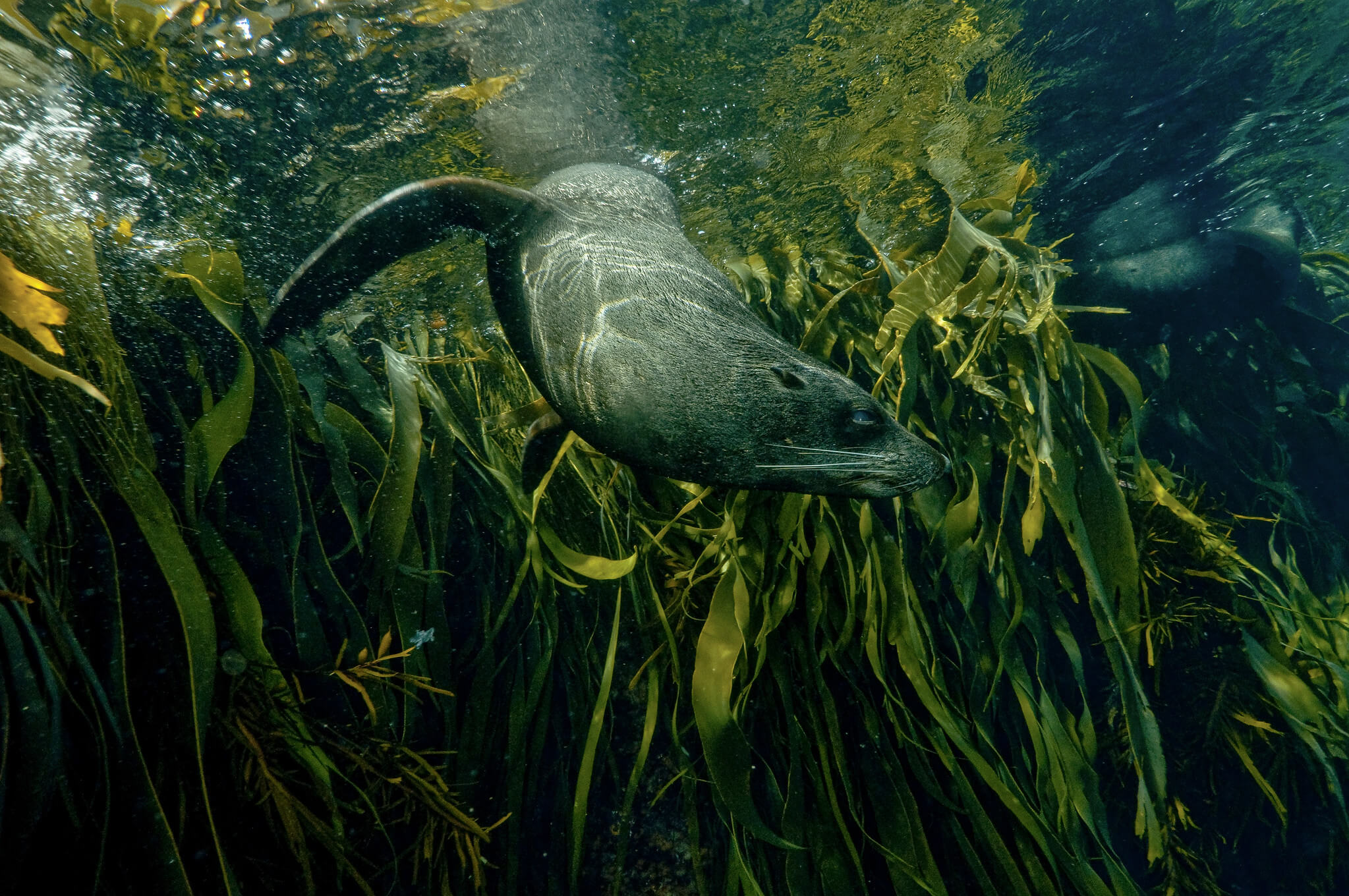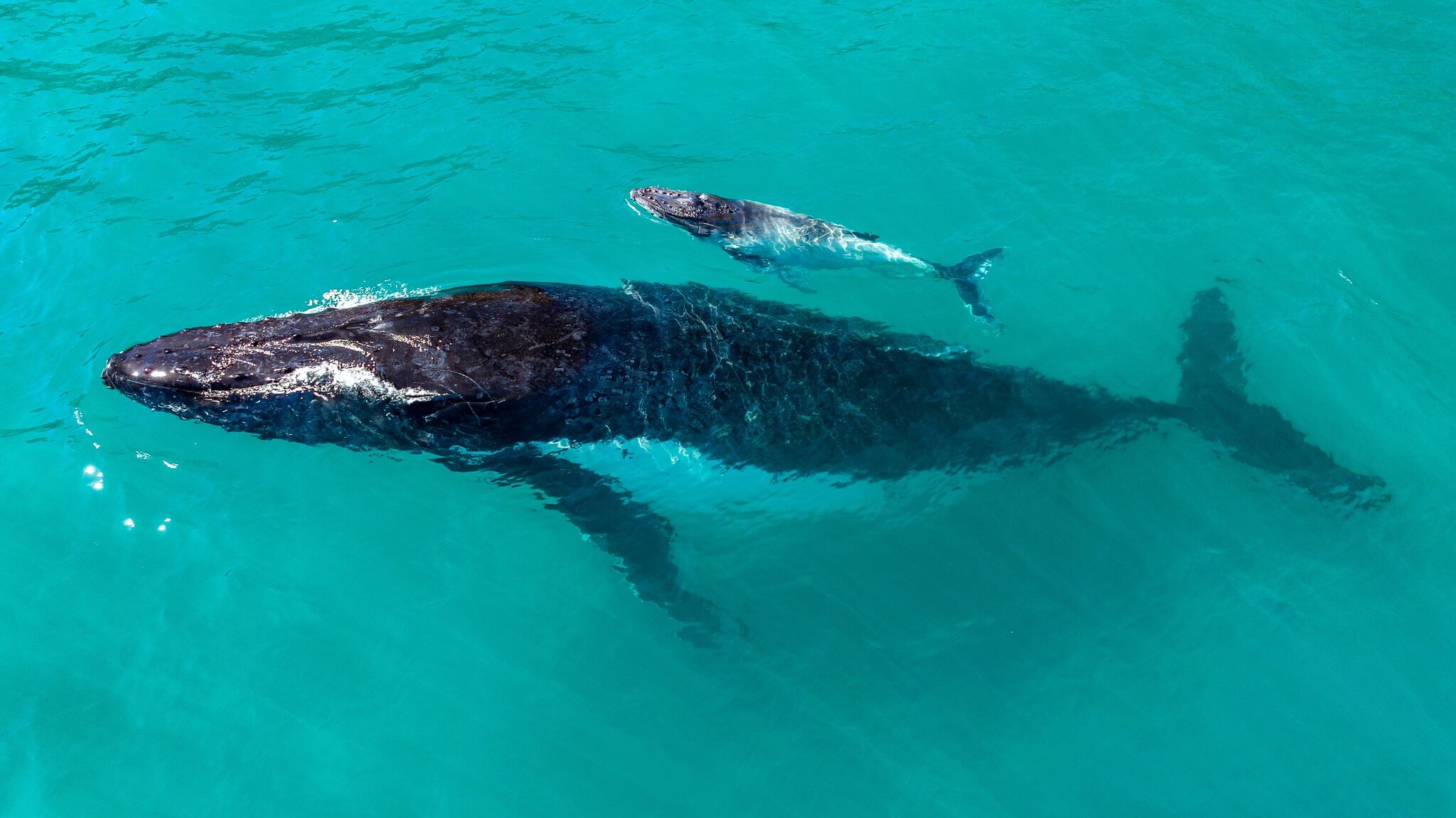AMCS supports Australia’s transition to 100% renewable energy
Generating our energy through renewable sources is better for people and the ocean.
Burning coal and gas is harming the ocean, driving marine heatwaves. In recent years, successive heatwaves have damaged some of our most cherished ocean ecosystems, such as the Great Barrier Reef and Tasmania’s kelp forests.
To protect our oceans and their extraordinary wildlife, we need to stop generating our electricity through burning coal and gas, stop new fossil fuel developments and drive renewable energy generation. This will require a monumental effort to construct renewable energy infrastructure, including offshore wind farms, within this decade.
This rapid transition can and must be done in a way that protects nature.
Rapid renewable energy development that puts nature and people first
The decision on the location and development of offshore wind farms must align with the interests of people, climate and the ocean’s extraordinary wildlife. AMCS believes this is possible through strong and consistent planning and nature laws.
The rapid deployment of renewable energy infrastructure is imperative, but not at the cost of our environment. Coastal communities must be actively involved, informed, and genuinely consulted on all proposals for renewable energy developments. Furthermore, achieving free, prior, and informed consent from First Nations people is a non-negotiable principle during the process for government assessments and before approval decisions are made.
The Challenge: Climate Change’s Toll on Our Oceans
Our oceans are already bearing the brunt of climate change. The Great Barrier Reef, a global icon of marine biodiversity, has faced four marine heatwaves since 2016, leading to corals bleaching and dying. The waters off Tasmania have become a global warming hotspot and, as a consequence, the giant kelp forests off Tasmania’s coastline have declined dramatically. Warmer waters in Antarctica mean less ice cover impacting feeding grounds for whales such as humpbacks that migrate to our shores.
The future of our oceans and their incredible wildlife hinges on an urgent transition from coal and gas to renewable energy. A massive build of solar and wind infrastructure is essential to curb climate pollution.

Can offshore wind farms harm wildlife?
Any offshore development, including building wind farms, can come at a cost to natural habitats or wildlife. The challenge is making sure offshore wind farms are sited in the right places. Some areas of our ocean are just too special, are critical for threatened or endangered wildlife, are important habitats, or have already been set aside for protection.
There are ways in which governments and developers can minimise the risks to marine life, including whales that are resident or migrate along our coastlines. We must ensure that at all stages of offshore windfarm development, operation and decommissioning, our oceans are properly protected.
Climate change is not a future problem, it is happening right now – affecting everyone and everything on the planet. It is imperative that we urgently curb emissions. Harnessing Australia’s abundant sunshine and wind makes sense environmentally and economically, but renewable energy developments must be carefully managed to protect nature.
To ensure this occurs, Australia requires the most robust and consistent nature and planning laws.

Looking Forward: A Decade of Critical Action
The science is clear: limiting global warming to 1.5°C above pre-industrial levels is crucial to avoid the most dangerous impacts of climate change. Our ocean, the life support system of our planet, hangs in the balance. The current decade is critical for scaling up efforts and massively cutting fossil fuel pollution.
While offshore wind farms are a significant component of Australia’s commitment to staying within the 1.5°C limit, their development must prioritise nature. With meticulous planning and decision-making that places ocean protection and community engagement at the forefront, AMCS is confident that Australia can navigate this critical decade successfully.
By embracing the challenge and adopting responsible practices, we can collectively usher in an era where our energy needs are met without compromising the health of our planet and its precious ecosystems.
Find out more about the AMCS position on offshore wind farms here